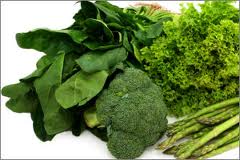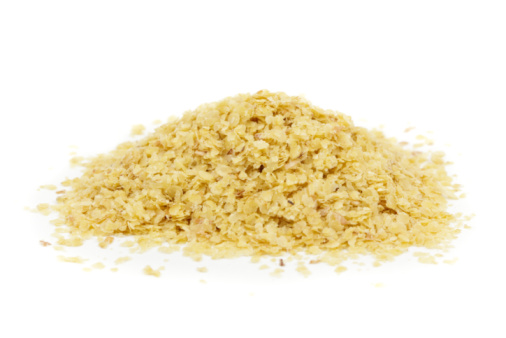
Over 25 million people in the United States own an iPod or mp3 player, and the numbers continue to rise. So do the statistics for children and adolescents with hearing loss. But according to a six year study conducted by the National Center for Health Statistics, music being streamed by head phones may not be the only thing that can be damaging kids’ ears. Diet and nutrition, as well as exposure to toxins, might be compelling factors. Living in poverty is also associated with greater risk of hearing loss among youngsters, as children in lower-income families may not be getting adequate nutrition to support proper development of the auditory system.
But whatever the causes, the hearing-loss trend is extremely troubling. According to the National Institute on Deafness and Other Communication Disorders, difficulty in hearing among youngsters has been linked to slower language development, poorer performance in school and lower self-esteem. And because social skills are dependent on language, previous studies have found that even slight hearing loss in elementary and high school students can result in progressively lower scores on communication tests and greater anxiety.
Besides the obvious physical steps to protect hearing in yourself and for your children, (use noise-cancellation headphones and earplugs in noisy situations, have your hearing checked regularly, remove wax buildup with an over-the-counter softener like glycerine or mineral oil - let it sits for 60 minutes, then gently flush with saline warmed to body temperature-or just let it fall out on a piece of cotton), there are some super foods and supplements that can, not only protect your hearing, they can mend wounded ears too!
Spinach, Potatoes, Broccoli, Lean Red Meats, Liver, Dark Leafy Vegetables, Soybeans 
Alpha Lipoic Acid and Folate
Alpha Lipoic Acid is created in very small amounts in the body, but if you find that you are hard of hearing, you may want to add these foods to one meal each day so that you can start to see (and hear) improvement. This is also an omega-6 fatty acid, so it should be consumed with foods that are rich in omega-3s in order to promote balance in the body. Eating a baked potato with your meal is helpful, and adding broccoli to your pasta is another way to make sure you are getting the right amounts of alpha lipoic acid each day. Also, red meat and the liver and heart of animals have a high percentage of alpha lipoic acid. There are also supplements available in capsule form that you can get from your local health food or grocery store.
It also appears that two substances, folate and phytochemicals might have some auditory advantages. Taking 800 micrograms of folate (which is also found in leafy green foods, soybeans, bean sprouts, spinach, collard greens, turnip greens, and asparagus) has been shown to slow the loss of high-frequency sounds. Hearing also benefits from phytochemicals, so the stronger the color of the fruit, the better. That means it contains high levels of these protective substances.
Wheat Germ, Mango, Kiwi, Peanuts 
Vitamin E
You can find vitamin E in lots of the fruits, vegetables, and nuts you eat, and if you're trying to improve your hearing, you should be sure to eat an extra handful of nuts for a snack, or slice a mango or kiwi pieces for a quick dessert. The vitamin works to make the blood vessels that and nerves around the ear area healthier, so that you will be able to perceive sound properly. So, if you're already taking vitamin E capsules to improve the look of your skin or hair, adding an extra capsule per day could make your hearing crystal clear as well!
Yogurt, Eggs, Clams, Lean Beef 
B12
Many vegetarians and vegans are deficient in this vitamin, since it is only produced from animal sources. However, supplements are available at most health food stores, and should be taken after meals for those who do not eat meat. Nori, which is a dried seaweed and spirulina can also be taken be vegetarians or vegans in order to increase the amount of B12 in the body. Lack of B12 can lead to anemia, and fatigue and hearing loss could be symptoms of this condition. Smoking also increases the risk of B12 deficiency, so it's important to quit as soon as possible if you are a tobacco user. And, if you're taking medication for gout, it's best to hold off on taking these supplements and speak with your doctor about alternatives, since the medication and supplements taken together will have an adverse effect on the body. Deficiencies in folate and vitamin B12 might affect both the nervous and the vascular system associated with hearing.
Resources: doctorshealthpress.com, hearforever.org, livestrong.com, oprah.com
